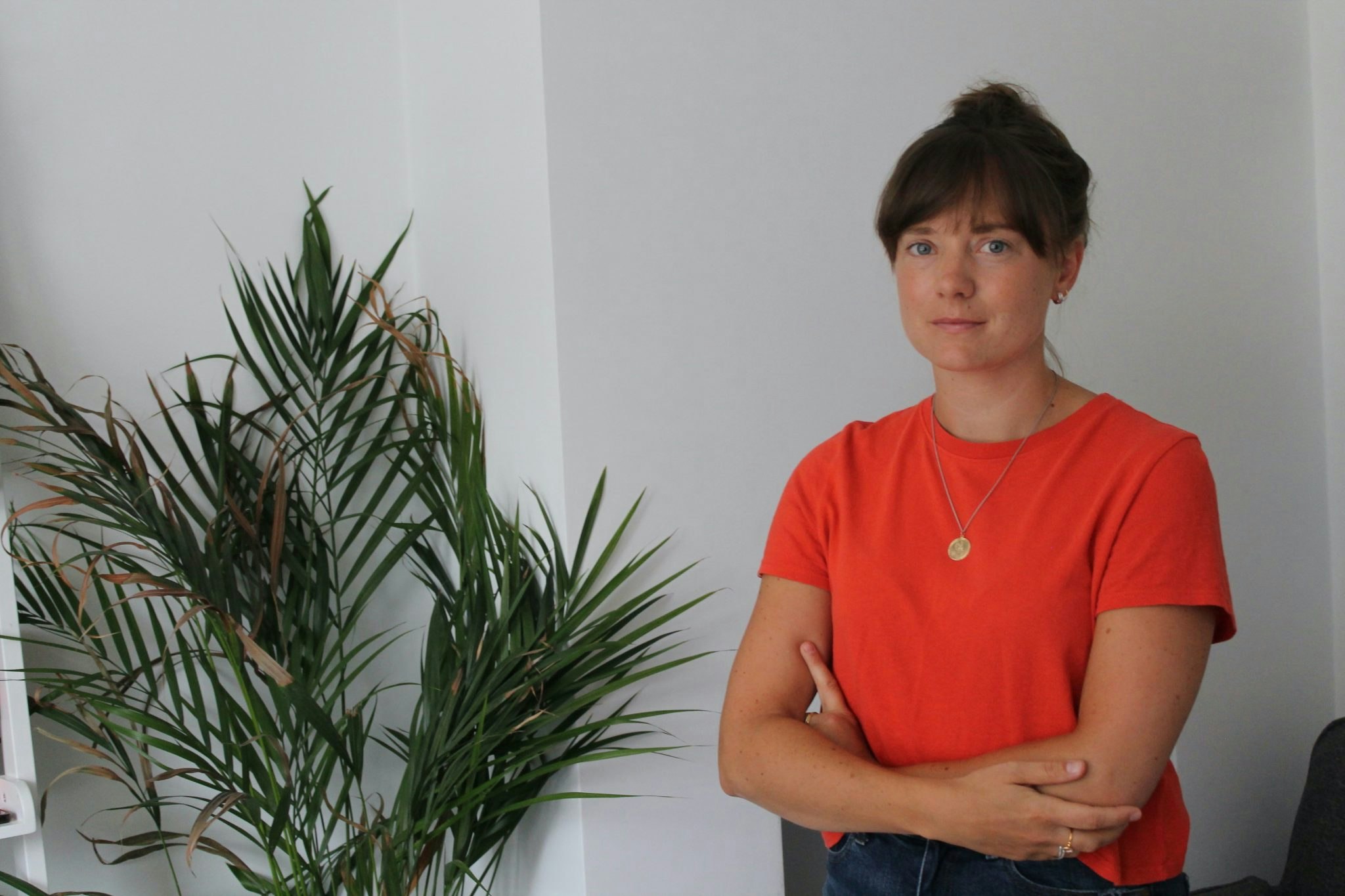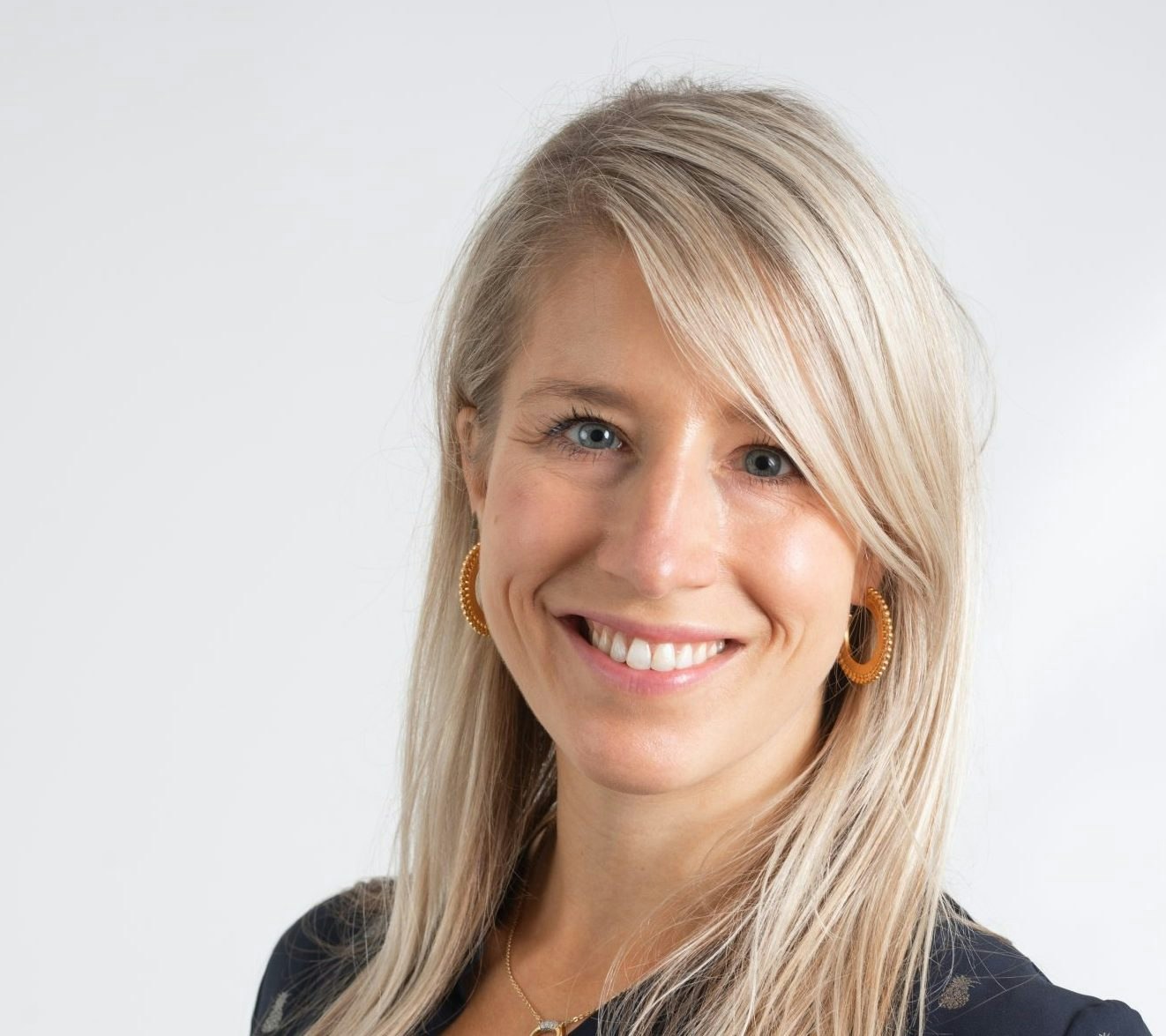As an investor, dishing out candid feedback on why you chose not to invest in a startup can be uncomfortable. It’s why many choose the easier path of ‘It’s not you, it’s me’ with the infamous ‘It’s too early for us’ line or the equally common ‘This doesn’t fit within our fund mandate’ — or nothing at all.
As a founder, generic responses may be easier to take but they rob you of important learning opportunities, especially when you’ve put in the time to pitch. Instead, founders who are pursuing conversations with an investor should be consistently opening the floor for feedback at every stage of the fundraising process — be it after the first call or investment committee. In doing so, you get clarity on where you stand, allowing you to prioritise investors who are more likely to back you whilst unlocking important learnings along the way.
VCs have nothing to lose by not being firm, founders on the other hand do.
How does this work in practice?
At the end of a call
Thinking back on the companies we at Outward VC ended up investing in, after the first meeting or call we had a strong gut feeling about the business and founders — prompting us to run hard and fast into the due diligence process. From a founder’s perspective, tapping into these first impressions can be quite telling and we’d encourage you to draw on these instincts while they are fresh.
Here are some ways to frame the question:
- On a scale of 1-10, knowing what you know now, how likely are you to invest?
- Based on what you have heard, in terms of stage and focus, does this opportunity fit within your mandate?
If you receive positive feedback, the second question should be focused on the investor’s process and timeframes going forward so that you have clarity on how many steps are involved but also where you stand in their process. Founders should hold investors to account, for example, if they are behind time or not advancing to the next stage; this is the perfect opportunity to ask for feedback and understand what the blockers are.
Post-call or follow-up
Every touch point is an opportunity to share helpful information (e.g. customer, product or licensing developments), promote the success of your business (e.g. awards, senior hires) and develop the relationship. Investors may be juggling a few companies at a time so it’s great to keep positioning your business at the forefront of their pipeline and minds.
Investors may be juggling a few companies at a time so it’s great to keep positioning your business at the forefront of their pipeline and minds.
If you don’t hear back, nudge them for a second time via email (that’s if you’d like to hear back). By keeping the content of the emails filled with helpful updates, you’re not at risk of coming across as annoying.
Early stage signs and signals to look out for
Nothing ever goes by the book and all successful fundraises are different: some investments may take a week from first meeting to term sheet while others can take weeks or months. There are however some early-stage signs and signals that may be helpful in assessing the investor intent:
- If an investor requests follow-up documents which may include for example: cap table, financial model, sales documents or market reports.
- If the investor schedules follow-up calls or emails consisting of advanced questions that indicate further research or digging on their part.
- If the investor completes their own references within their network or requests to do references with the company’s clients or co-investors. Founders where possible should offer these early as validation.
- If the investor moves with speed.
We have definitely felt over the last few months that deals are becoming more and more competitive, especially given later stage VCs are moving in earlier. It is in the interest of the investor to indicate intent early on, move as quickly as possible to understand the business and develop an open and transparent relationship with the founders. If this is not the case, push for feedback on where you stand.
Deals are becoming more and more competitive, especially given later stage VCs are moving in earlier.
Saying goodbye
Being told by an investor they are not going to back you comes with the territory of raising capital. As a founder it’s completely fair enough not to respond or engage further when you receive that message. However, the comeback email or phone call can have a memorable impression on an investor which leaves the door open for the relationship to continue — either in your current venture or the next — which may one day lead to something fruitful.
The best way to illustrate this point is by highlighting one of our favourite comebacks from a founder in our portfolio:
“We met November last year… You wanted to sleep on it (things do look different in the morning), and decided to pass (‘too small for across the pond’). We have since quadrupled our…
Several VCs have already started to speak with us on our next round. However, admittedly, all I can think about is you.
This is not a love note. I’m looking for a partner with dissent and a true experience scaling companies globally, and who can help us make less mistakes. Rightly or wrongly, my intuition tells me it’s you, and whenever I didn’t follow my intuition — I failed.”
This email didn’t change the outcome at that point in time, however this relationship is still very much alive and the answer may one day be a ‘yes’.
D’Arcy Whelan is an analyst at Outward VC.



